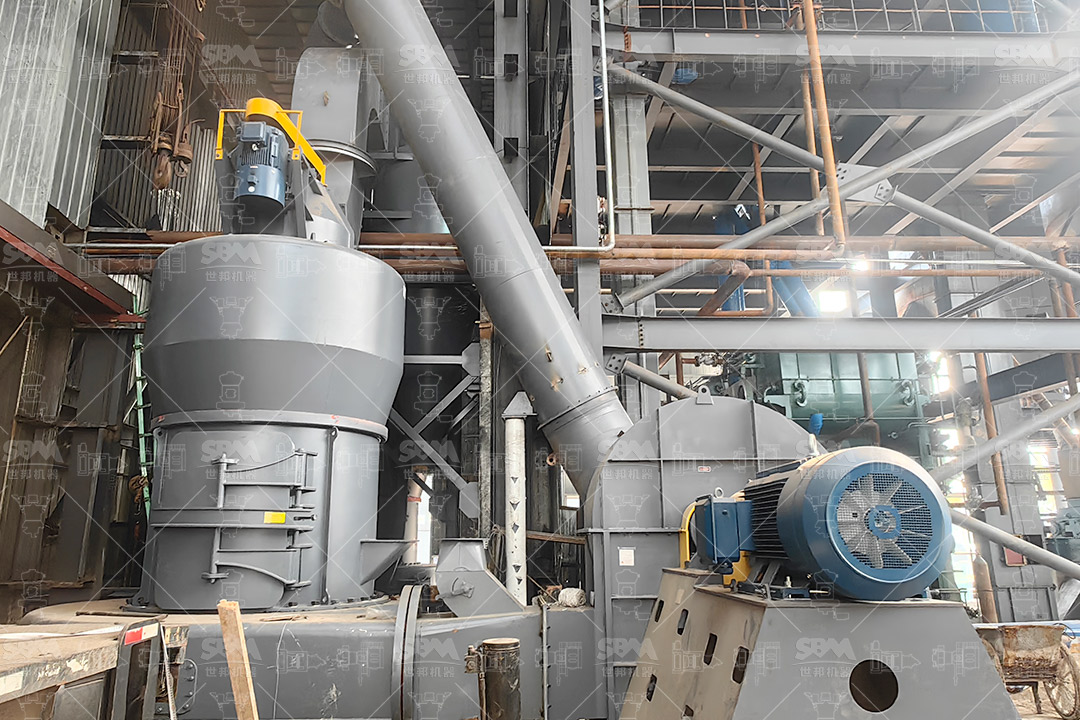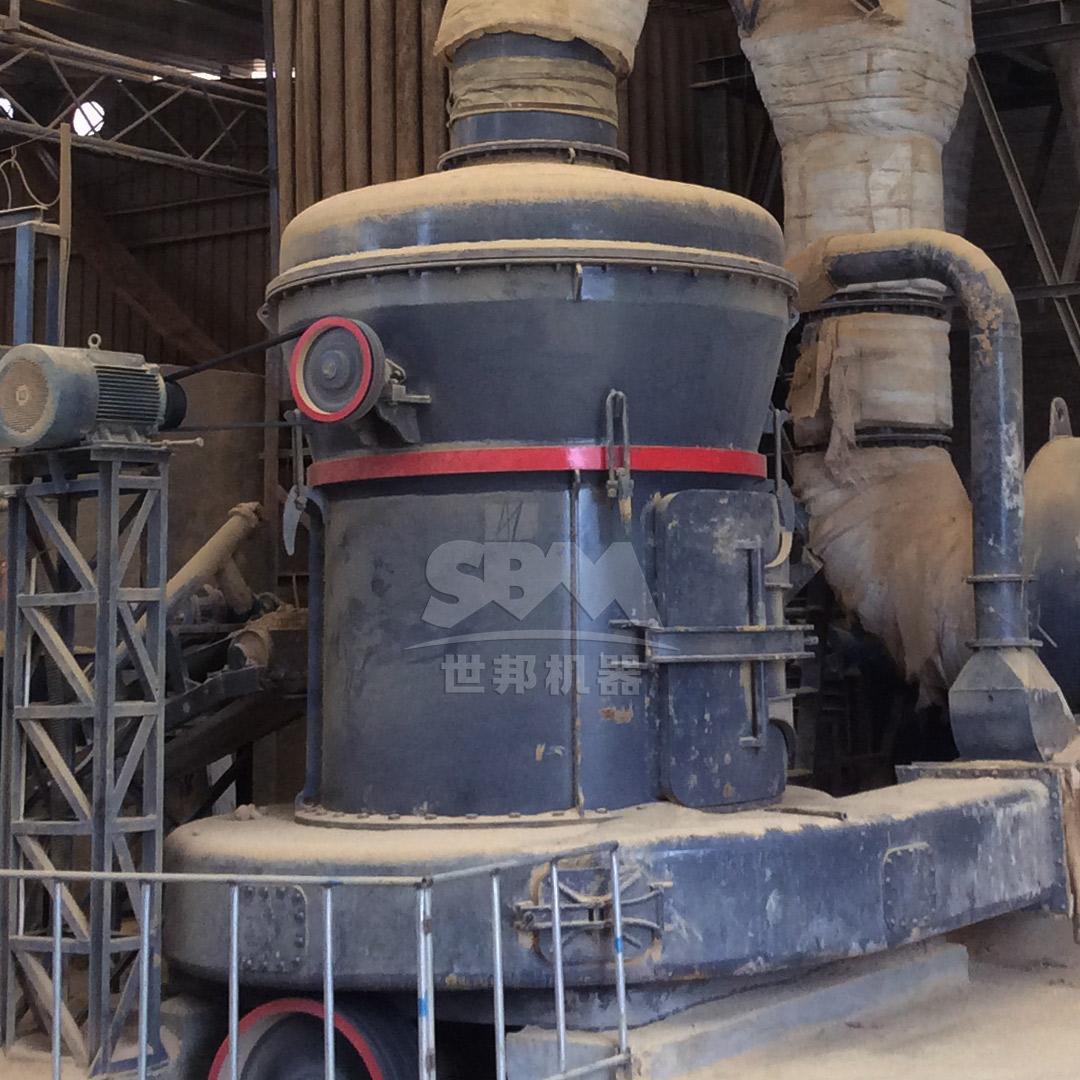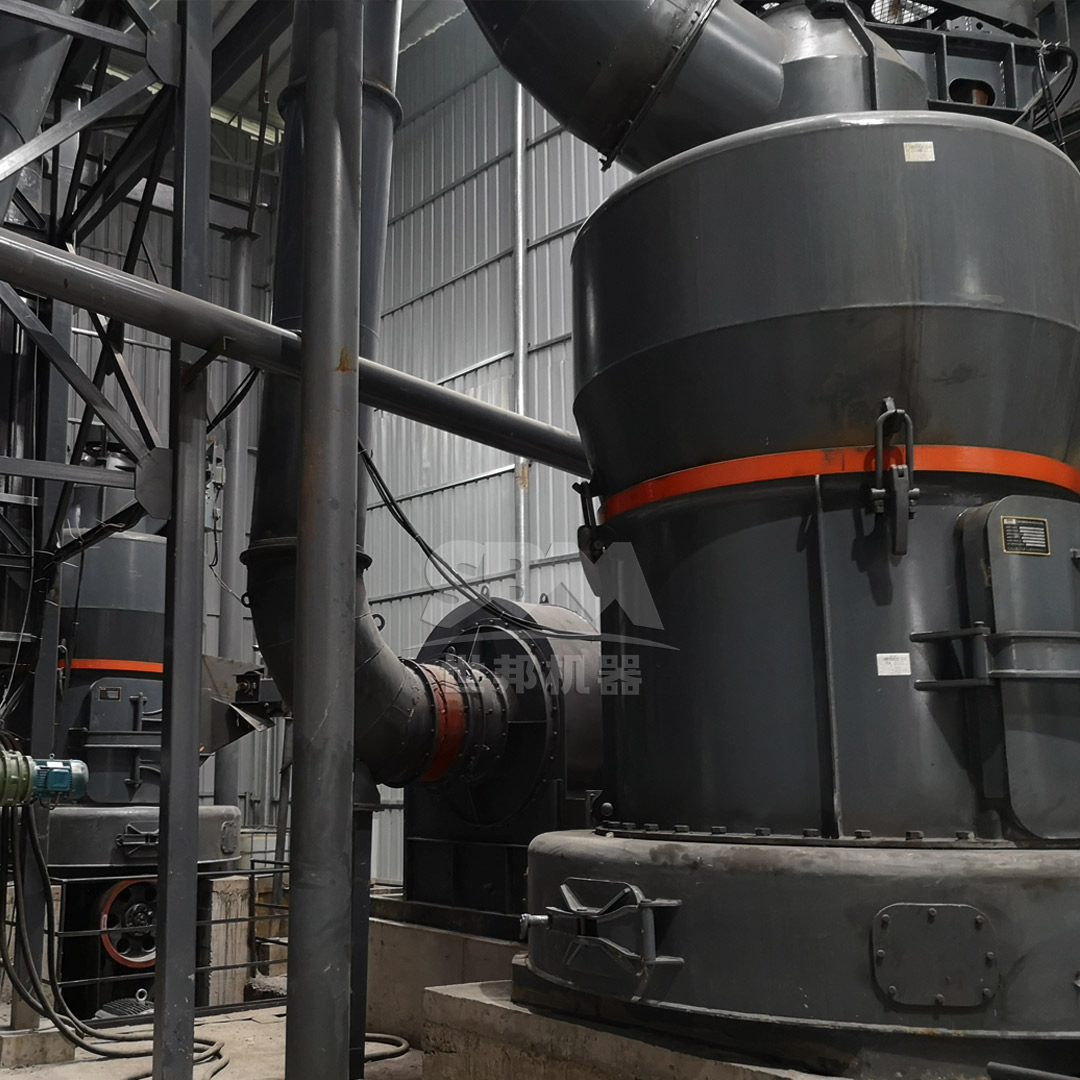Lightweight concrete blocks have become increasingly popular in modern construction due to their excellent thermal insulation properties, reduced structural load, and environmental benefits. The production of these blocks requires finely ground gypsum powder with specific particle size distribution to ensure optimal strength, workability, and density control. Selecting the appropriate gypsum grinding mill is crucial for achieving the desired product quality while maintaining cost-effectiveness in production.
The right grinding equipment can significantly impact your operational efficiency, energy consumption, and final product characteristics. This comprehensive guide will help you navigate the critical factors in choosing the ideal gypsum grinding mill for your lightweight concrete block production facility.

The particle size of gypsum powder directly affects the strength, setting time, and workability of lightweight concrete blocks. For optimal performance, the gypsum should have a balanced particle size distribution with:
Impurities in gypsum can affect the setting characteristics and final strength of lightweight blocks. The grinding mill should be capable of handling gypsum with varying purity levels without compromising performance.
Your production volume dictates the size and type of grinding mill needed. Consider both current requirements and future expansion plans when selecting equipment.
| Production Scale | Recommended Capacity Range | Suitable Mill Types |
|---|---|---|
| Small-scale | 1-10 tons/hour | SCM Series, MTM Series |
| Medium-scale | 10-50 tons/hour | MTW Series, LM Series |
| Large-scale | 50+ tons/hour | LM Series, Ball Mills |
Different lightweight concrete block formulations require specific gypsum fineness. The grinding mill must consistently achieve the target particle size distribution.
Grinding operations account for a significant portion of energy consumption in block production. Modern mills with optimized designs can reduce energy costs by 30-50% compared to traditional equipment.
Consider the total cost of ownership, including wear part replacement frequency, maintenance requirements, and operational labor costs.

For applications requiring extremely fine gypsum powder (325-2500 mesh), ultrafine mills offer precise particle size control. Our SCM Ultrafine Mill series stands out with several advantages for lightweight concrete block production:
The SCM series is particularly suitable for producing high-performance gypsum powder where superior fineness and particle distribution are critical for lightweight block quality. With models ranging from SCM800 (0.5-4.5 ton/h) to SCM1680 (5.0-25 ton/h), there’s an optimal solution for various production scales.
For medium to high capacity requirements with fineness ranging from 30-325 mesh, the MTW Series Trapezium Mill provides excellent performance with several distinctive features:
The MTW series offers models from MTW110 (3-9 ton/h) to MRN218 (15-45 ton/h), making it ideal for production facilities requiring consistent quality with high throughput.
Vertical mills provide integrated crushing, grinding, and separation functions in a compact design. Our LM Series Vertical Roller Mills offer significant advantages:
These mills balance capacity and fineness control for general-purpose gypsum grinding applications.
Traditional ball mills offer versatility for both dry and wet grinding processes with high capacity capabilities.
| Mill Type | Fineness Range | Capacity Range | Power Consumption | Maintenance Frequency |
|---|---|---|---|---|
| SCM Ultrafine Mill | 325-2500 mesh | 0.5-25 t/h | Low-Medium | Low |
| MTW Trapezium Mill | 30-325 mesh | 3-45 t/h | Medium | Medium |
| LM Vertical Mill | 30-325 mesh | 3-250 t/h | Low | Low |
| MTM Trapezium Mill | 45-325 mesh | 3-22 t/h | Medium | Medium |
| Ball Mill | 0.074-0.8mm | 0.65-450 t/h | High | High |
For facilities producing up to 100,000 m² of lightweight blocks annually, we recommend the SCM Ultrafine Mill series, particularly the SCM1000 model. This mill delivers 1.0-8.5 ton/hour capacity with 132kW main motor power, perfectly matching the production requirements while ensuring superior gypsum fineness for high-quality blocks.
The SCM1000’s intelligent control system automatically maintains consistent product fineness, while its energy-efficient design reduces operating costs. The compact footprint makes it suitable for facilities with space constraints.
For high-volume production exceeding 500,000 m² annually, the MTW Series Trapezium Mill provides the ideal solution. The MTW215G model offers 15-45 ton/hour capacity with 280kW main motor power, supporting continuous large-scale operations.
This mill’s advanced features include wear-resistant components that extend service life and reduce maintenance downtime. The integrated classification system ensures consistent particle size distribution critical for automated block production lines.

Different mill types have varying space requirements. Vertical mills typically require less floor space but more height, while horizontal configurations need more floor area.
Proper dust collection is essential for gypsum grinding operations. Modern mills come with integrated pulse-jet dust collectors that achieve efficiency rates exceeding 99.9%.
Consider the acoustic environment of your facility. Advanced mills feature sound insulation technology to maintain noise levels below 80dB.
Implement a proactive maintenance schedule for critical wear components such as grinding rollers, rings, and classifiers to ensure consistent performance.
Regular inspection and maintenance prevent unexpected downtime and extend equipment service life. Modern mills often include remote monitoring capabilities for predictive maintenance.
While advanced grinding mills may require higher initial investment, their superior energy efficiency and lower maintenance requirements typically result in lower total cost of ownership over the equipment lifecycle.
Consider factors such as energy savings, reduced maintenance costs, improved product quality, and increased production capacity when calculating ROI for gypsum grinding equipment.
Modern grinding mills increasingly incorporate IoT technology for remote monitoring, predictive maintenance, and optimized operation based on real-time data analysis.
Energy efficiency continues to improve with advanced motor designs, optimized grinding geometries, and intelligent control systems that minimize power consumption.
Selecting the right gypsum grinding mill for lightweight concrete block production requires careful consideration of multiple factors including production capacity, required fineness, energy efficiency, and total cost of ownership. The SCM Ultrafine Mill series excels in applications demanding superior particle size control, while the MTW Trapezium Mill series offers robust performance for high-capacity operations.
By understanding your specific production requirements and matching them with the appropriate grinding technology, you can optimize your lightweight block manufacturing process for quality, efficiency, and profitability. Consult with our technical experts to identify the ideal solution for your specific application and production goals.